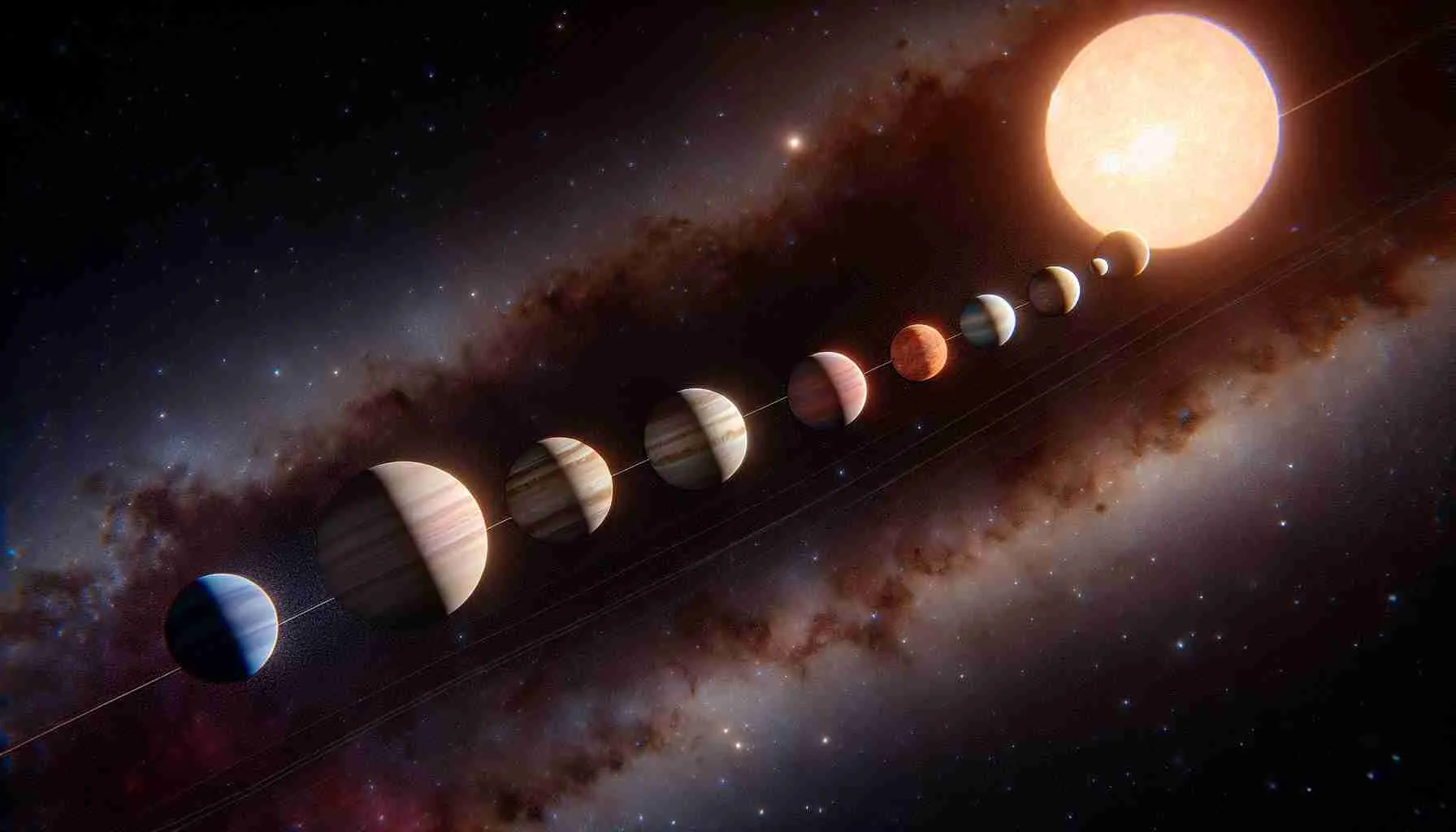Don’t Miss the Spectacular Six-Planet Alignment Lighting Up the January Sky!
Stargazers and astronomy enthusiasts, get ready for a celestial spectacle that promises to be one of the most breathtaking astronomical events of 2025! The upcoming planetary alignment will transform the night sky into a mesmerizing display of cosmic wonder, offering an unprecedented opportunity to witness six planets simultaneously visible to the naked eye.
A Rare Celestial Dance
On January 21, 2025, the solar system will present a remarkable planetary parade that astronomy lovers won’t want to miss. Venus, Mars, Jupiter, Saturn, Uranus, and Neptune will align in a stunning celestial arrangement, creating a once-in-a-lifetime viewing experience for skywatchers around the globe.
What Makes This Alignment Special?
While planetary alignments aren’t entirely uncommon, this particular event stands out for several reasons:
- Six planets visible simultaneously
- Alignment along the ecliptic plane
- Accessibility to naked-eye observation
- Optimal viewing conditions after sunset
Dr. Emily Rodriguez, a leading astronomer at the National Space Observatory, explains, “This alignment is more than just a visual treat. It’s a remarkable demonstration of our solar system’s intricate celestial mechanics.“
When and Where to Look
The best viewing time will be just after sunset, focusing on the southern and eastern skies. Experts recommend finding a location with minimal light pollution to maximize your viewing experience. Clear weather conditions will be crucial for optimal visibility.
Tips for the Best Viewing Experience
- Use binoculars or a telescope for enhanced detail
- Choose a dark, open area away from city lights
- Allow your eyes to adjust to the darkness for 20-30 minutes
- Dress warmly and bring a comfortable chair
Scientific Significance
Beyond its visual appeal, this planetary alignment offers significant scientific insights. Astronomers will use this opportunity to:
- Study planetary positioning
- Collect detailed observational data
- Enhance understanding of solar system dynamics
- Engage public interest in astronomical research
Accessibility for Everyone
One of the most exciting aspects of this event is its accessibility. “You don’t need expensive equipment to enjoy this spectacular show,” says amateur astronomer Mark Thompson. “Anyone with a clear view of the sky can participate.“
Educational Opportunities
Schools, planetariums, and astronomy clubs are preparing special events and viewing parties to celebrate this unique astronomical occurrence. It’s an excellent opportunity for educational outreach and inspiring the next generation of space enthusiasts.
Future Alignments
While similar planetary alignments occur periodically, this specific configuration is unique to January 2025. Future events may differ in planetary composition and visibility.
Practical Considerations
Weather will play a critical role in viewing conditions. Astronomers recommend checking local forecasts and having backup viewing dates if possible. Cloud cover or atmospheric conditions could potentially impact visibility.
Final Thoughts
This planetary alignment represents more than just a visual spectacle—it’s a reminder of the incredible complexity and beauty of our solar system. Whether you’re a seasoned astronomer or a casual sky watcher, this event promises to be an unforgettable experience.
Mark your calendars, prepare your viewing equipment, and get ready to witness a truly extraordinary celestial event!
Disclaimer: Viewing conditions may vary depending on geographical location and local weather patterns.
Note to Readers: Always prioritize safe viewing practices and follow recommended guidelines when observing astronomical events.






Leave a Comment